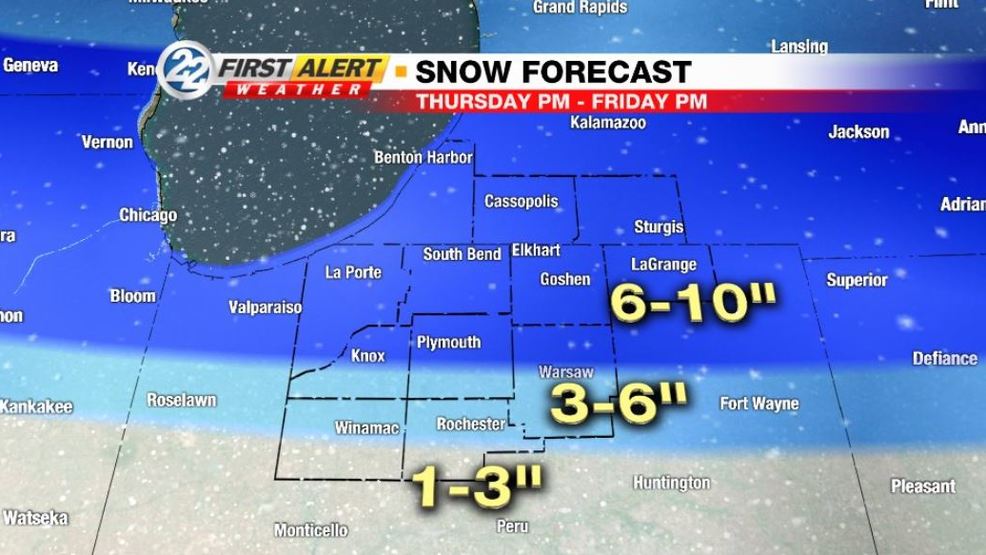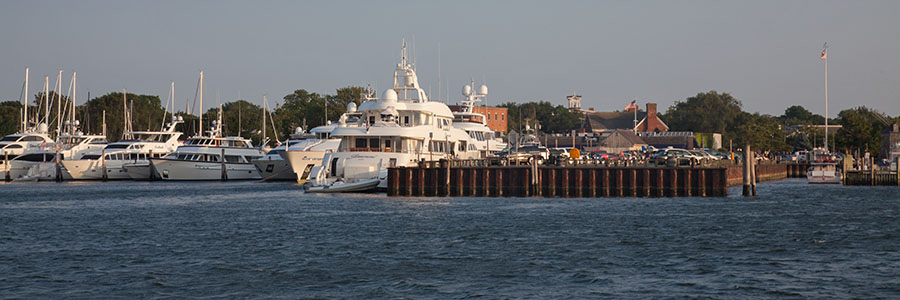US Imposes Visa Curbs Over Social Media Censorship Concerns

Table of Contents
Specifics of the US Visa Restrictions
The US visa restrictions target individuals and entities believed to be directly involved in significant social media censorship. While precise details remain limited to protect ongoing investigations and national security interests, several key aspects are emerging.
- Types of Visas Affected: The restrictions impact a range of visas, including tourist visas (B-2), business visas (B-1), student visas (F-1, M-1), and potentially others depending on the individual's involvement in censorship activities.
- Affected Countries and Regions: Although the US government hasn't released a definitive list, reports indicate that countries with a history of widespread online censorship are primarily targeted. This includes nations with restrictive internet laws and documented instances of suppressing dissenting voices online.
- Eligibility Criteria: The criteria used to determine eligibility for restrictions are based on assessments of individuals' involvement in censorship campaigns, their association with repressive regimes, and their role in facilitating the suppression of free speech online. This assessment likely considers evidence from various sources, including human rights reports, open-source intelligence, and government reports.
- Impact on Individuals and Organizations: These restrictions can significantly impact individuals and organizations seeking to enter the US for education, business, or tourism. The denial of a visa can have far-reaching personal and professional consequences.
- Legal Challenges: It is anticipated that some individuals and entities may challenge these restrictions through legal avenues, potentially leading to court cases that will further clarify the legal basis for these actions and the due process afforded to those affected.
The US Government's Rationale Behind the Visa Curbs
The US government's rationale for these visa curbs centers on several key pillars: promoting human rights, upholding internet freedom, and addressing national security concerns linked to online censorship.
- Human Rights Concerns: The US considers widespread social media censorship a violation of fundamental human rights, including freedom of expression and access to information. These visa restrictions are presented as a tool to hold those responsible for these violations accountable.
- National Security Implications: The US government argues that unchecked social media censorship can exacerbate instability, fuel conflict, and create breeding grounds for extremism. Combating disinformation and promoting transparency online are seen as crucial for national security.
- Digital Diplomacy and Global Internet Governance: The move reflects a broader US strategy to promote democratic values and internet freedom globally. It's part of a larger effort to shape international norms and standards for digital governance and ensure a free and open internet.
- Impact on US Relations: These restrictions may strain relations with affected countries, particularly those where governments view these actions as interference in their internal affairs. However, the US government maintains that promoting human rights and internet freedom are fundamental to its foreign policy objectives.
International Reactions and Implications
The US visa restrictions have generated diverse international reactions, highlighting the complex geopolitical landscape surrounding social media censorship and digital freedom.
- International Response: Some governments and international organizations have voiced concerns, emphasizing the potential for reciprocal actions and the risk of escalating tensions. Others have expressed support, acknowledging the importance of protecting human rights online.
- Impact on International Cooperation: The restrictions could affect international cooperation on internet governance and human rights. It remains to be seen how this will influence discussions on global internet regulations and the development of international norms.
- International Law Implications: The legal framework surrounding social media censorship is still evolving, leading to debates about the legality and legitimacy of these restrictions under international law. It will likely become a subject of ongoing scholarly and legal analysis.
- Potential for Reciprocal Actions: Affected countries may respond with similar measures, potentially triggering a cycle of reciprocal restrictions and further complicating international relations.
The Broader Debate on Social Media Censorship
The US visa curbs highlight a broader, multifaceted debate about the regulation of social media platforms.
- Free Speech vs. Censorship: The core dilemma is balancing freedom of expression with the need to address harmful content like hate speech, misinformation, and disinformation. This delicate balance requires ongoing discussion and careful consideration.
- Challenges Posed by Misinformation: The rapid spread of misinformation and disinformation on social media poses significant challenges to democratic processes, public health, and social stability, demanding effective solutions that respect free speech principles.
- Varying Approaches to Regulation: Different countries adopt diverse approaches to social media regulation, reflecting varying cultural contexts, legal frameworks, and political priorities. Some countries favor strict censorship, while others prioritize self-regulation by social media companies.
- Role of Social Media Platforms: Social media platforms play a crucial role in shaping public discourse and influencing political processes. Their responsibility in curbing harmful content, while protecting free speech, is a crucial area of ongoing debate.
Conclusion
The US imposition of visa curbs over social media censorship concerns marks a significant development in the ongoing struggle to balance online freedom with the need to address issues such as misinformation and human rights abuses. The implications extend far beyond individual visa applications, impacting international relations and the future of digital diplomacy. This action underscores the increasing importance of digital diplomacy in shaping global norms and standards for internet governance.
Call to Action: Stay informed about the evolving landscape of US visa policies and social media regulation. Understanding the complexities of US visa restrictions related to social media censorship is crucial for navigating this increasingly important aspect of international relations and digital freedom. Continue to follow updates on this developing situation to better understand the implications of these new visa curbs and their potential impact on global internet freedom.

Featured Posts
-
 Snow Alert Significant Snow Accumulation In Western Manitoba
May 30, 2025
Snow Alert Significant Snow Accumulation In Western Manitoba
May 30, 2025 -
 A Geographic Analysis Of Emerging Business Clusters Nationwide
May 30, 2025
A Geographic Analysis Of Emerging Business Clusters Nationwide
May 30, 2025 -
 Harga Kawasaki Z900 Dan Z900 Se Di Indonesia Faktor Faktor Yang Mempengaruhi
May 30, 2025
Harga Kawasaki Z900 Dan Z900 Se Di Indonesia Faktor Faktor Yang Mempengaruhi
May 30, 2025 -
 How Edward Burke Jr Became A Top Dwi Lawyer In The Hamptons
May 30, 2025
How Edward Burke Jr Became A Top Dwi Lawyer In The Hamptons
May 30, 2025 -
 Alcaraz Wins Through To Monte Carlo Masters Final After Davidovich Fokina Victory
May 30, 2025
Alcaraz Wins Through To Monte Carlo Masters Final After Davidovich Fokina Victory
May 30, 2025
